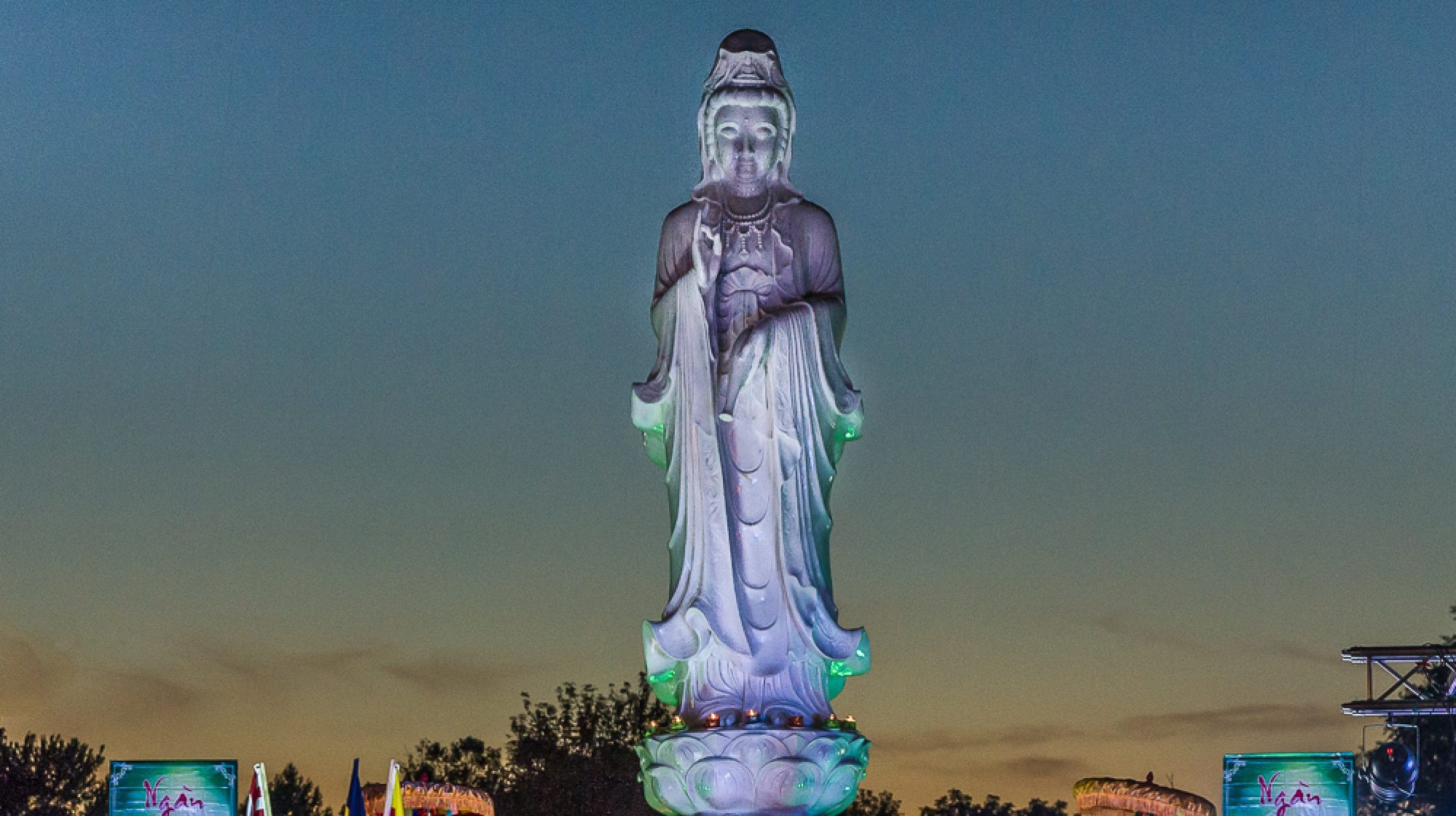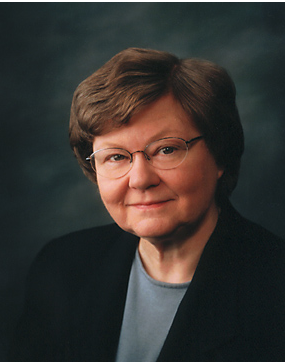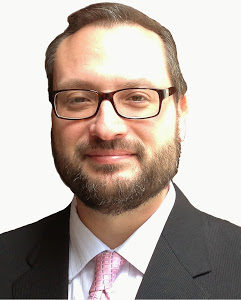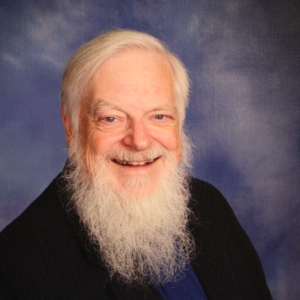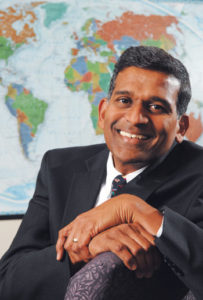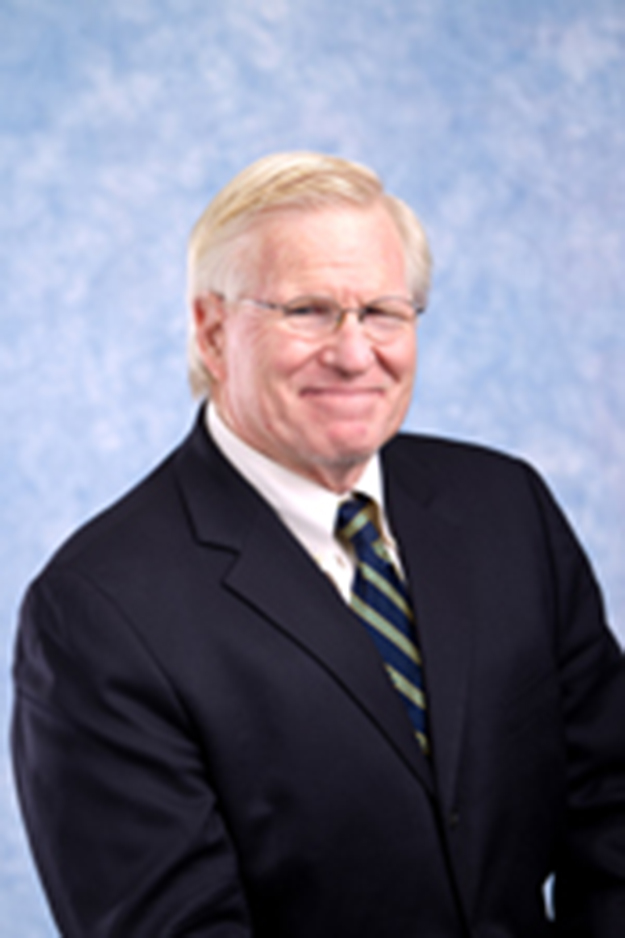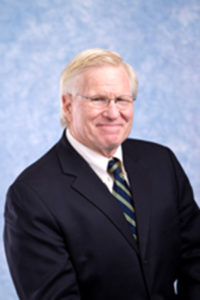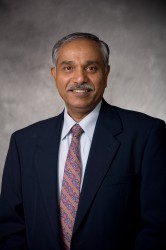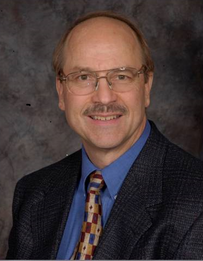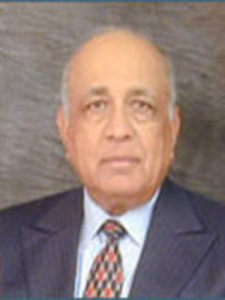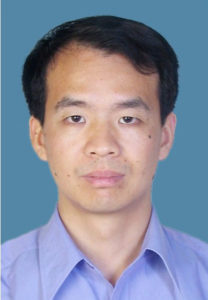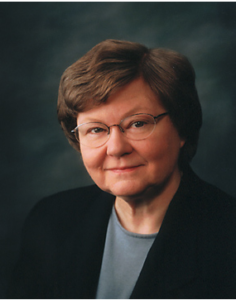
- Norma Hirsch, Professor of Osteopathic Medicine
at Des Moines University
- Robert Aubrey, Chaplin (Retired); Unity Point and Broadlawns
- David Kaufman, Rabbi, Temple B’nai Jeshurun
- Yogesh Shah, Associate Dean, Des Moines University
Thursday, February 11, 7:00 p.m.
Iles Funeral Homes, Dunn’s Chapel
2121 Grand Ave, Des Moines
—–
How do the religions of the world understand death and dying? What rituals do they practice as preparation for death and in response to death? What effects has the “medicalization of death” had on these traditional understandings and practices? And what does the medical community need to know about traditional religious theologies and rituals related to death and dying?
The Comparison Project’s Community Interfaith Dialogue will explore these questions from the perspectives of Judaism, Catholicism, and Buddhism. Our moderator and panelists will focus particularly on the tensions between traditional theologies and rituals of death and the way in which death has increasingly become the domain of medicine and law. There will be ample time for questions from the audience.
Continuing education credit is available for nurses and other healthcare professionals who attend this event. It is approved by Iowa Board of Nursing Provider #302, HCI Care Services for 0.15 CEUs or 1.5 contact hours of continuing education.
The video from the panel can be viewed here.
